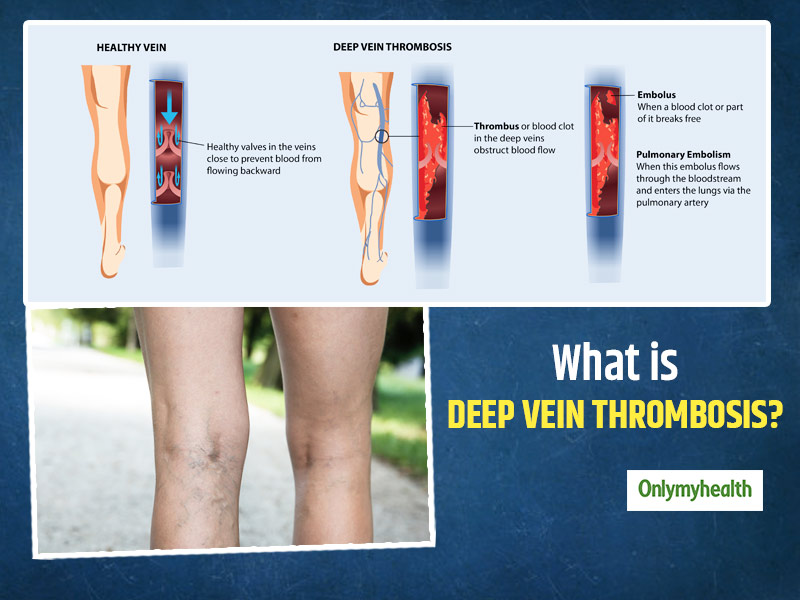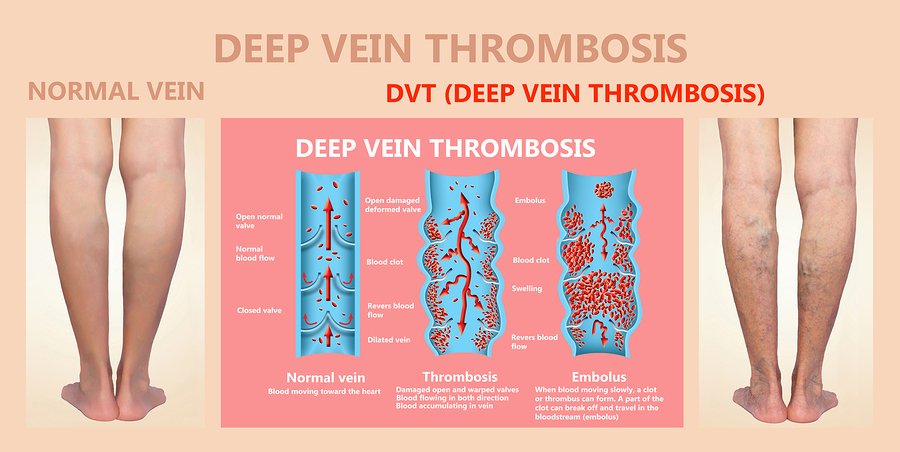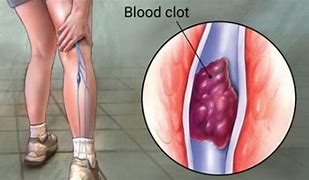DVT (deep vein thrombosis) Q & A
A DVT is a blood clot that forms in a vein deep in your body. It can develop in any of your veins, but most commonly occurs in the legs. You may experience leg pain or swelling with a DVT, but in many cases, there are no symptoms.
You may be at risk of developing a DVT if you sit for a prolonged period of time, as is the case when you take a long flight on an airplane. You may also be at risk if you’re overweight or obese, have a blood clotting disorder, smoke cigarettes, or you’re over the age of 60.
Without proper treatment, the blood clot may become dislodged and form a pulmonary embolism (PE), which occurs when the blood clot blocks a blood vessel in your lungs. A PE is a life-threatening condition that can cause shortness of breath, chest pain, or dizziness.
Your provider can determine if you have a DVT after a comprehensive examination that includes a review of your symptoms, physical examination, and discussion of your medical history.
To confirm a diagnosis, your specialist may recommend special testing such as an ultrasound, blood test, or an MRI. Venography, which is a type of X-ray that uses a special dye injected into your veins to assess blood flow, may also be conducted.
Without symptoms, a DVT can be difficult to determine on your own. But it’s important to get prompt attention if you suspect a DVT so you can get the proper care and prevent complications.

A DVT requires prompt attention and treatment. Treatment for your DVT is aimed at preventing the clot from becoming bigger or breaking away. Your team at Fayette Surgical Associates creates an individualized treatment plan for you based on the severity of your DVT and your medical history.
Your treatment may include:
- Blood thinners
- Compression stockings
- Inferior vena cava (IVC) filters
- Clot busters
Filters and clot busters are considered more invasive treatments for a DVT and are only recommended when medications and compression stockings can’t improve your condition.


